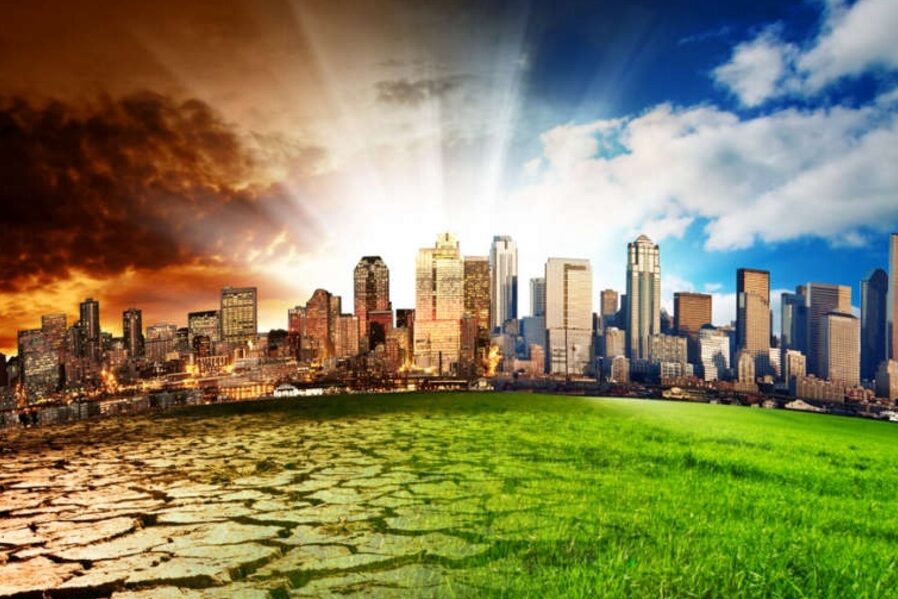The UAE Cabinet approved an updated version of the country’s second Nationally Determined Contribution (NDC) under the Paris Agreement.
In its updated second NDC, the UAE has increased its greenhouse gas emission reduction target from 23.5 percent to 31 percent by 2030. To achieve this goal, the country aims to involve five priority sectors – electricity, transport, industry, waste management, and CCUS.
In support of the objectives of the UAE Net Zero by 2050 Strategic Initiative, the new document outlines the country’s increased climate target of reducing greenhouse gas (GHG) emissions by 31 percent compared to the business-as-usual scenario for the year 2030, which is projected to amount to 301 million metric tons of carbon dioxide equivalent (CO2e), assuming a moderate annual economic growth rate based on historical trends. The reduction target translates into an absolute emission avoidance of 93.2 million metric tons of CO2e.
The UAE’s updated second NDC responds to the call of the Glasgow Climate Pact, the main outcome of the 26th UN Climate Change Conference (COP26), for countries to strengthen the ambition of their NDCs by the end-2022.
The document features a breakdown of the GHG emission reduction target by sector. The electricity sector is projected to be the highest contributor to the target at 66.4 percent, followed by the industrial sector at 16.6 percent, transport at 9.7 percent, carbon capture, utilization, and storage (CCUS) at 5.3 percent, and waste at 2.1 percent.
The updated second NDC emphasizes the importance of engaging women, youth, and climate-vulnerable communities as part of an all-inclusive approach to developing policies and programs that promote climate-smart living as a way of building a more sustainable future.
The updated second NDC outlines the UAE’s efforts to boost its adaptive capacity and climate resilience, including the conservation and restoration of coastal ecosystems, such as the Abu Dhabi Blue Carbon Demonstration Project and tree-planting drives. The country will plant 100 million mangrove seedlings by 2030.








